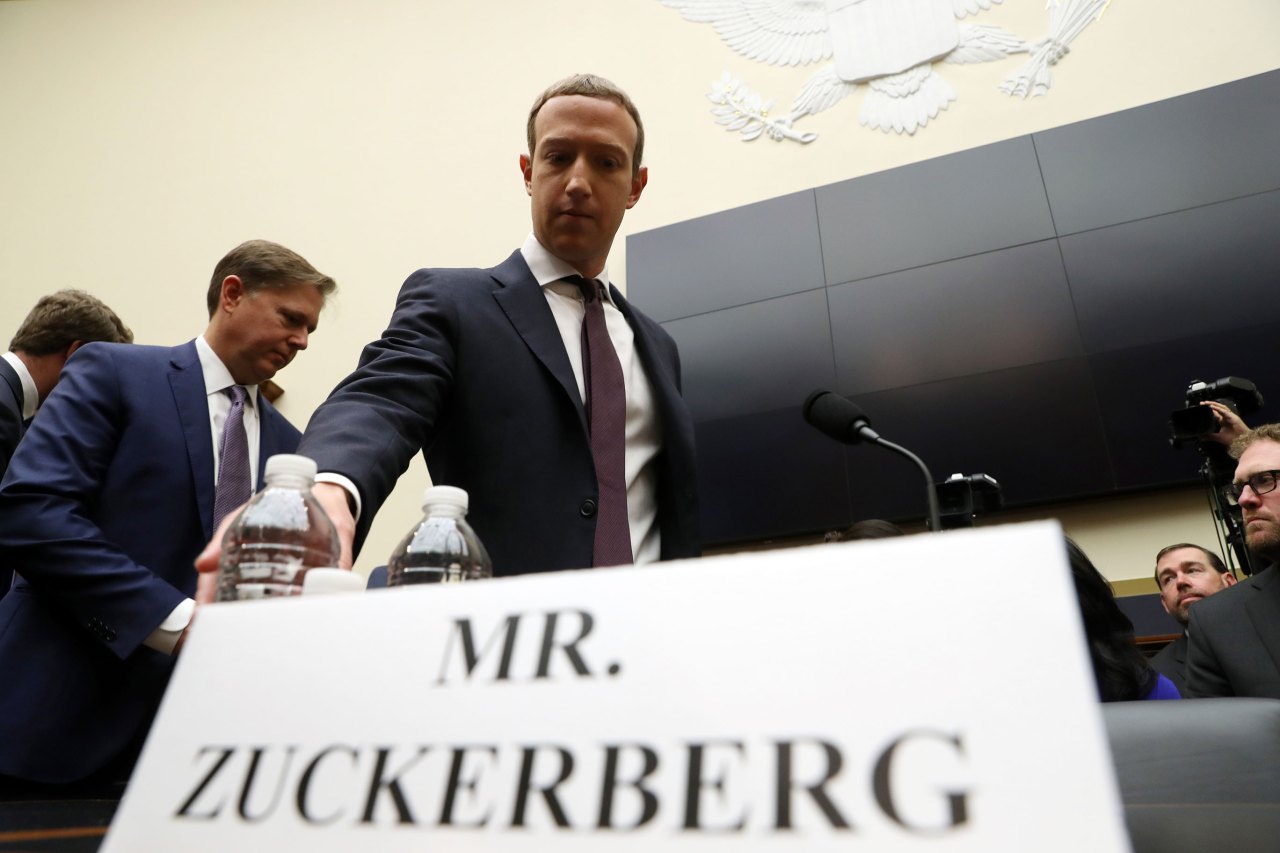As the digital world becomes increasingly intertwined with our lives, social media platforms like Facebook are facing mounting scrutiny for their role in perpetuating hate speech and division. Despite initiatives to promote human rights and foster community engagement, a recent report by the advocacy group Avaaz has raised serious concerns about Facebook’s handling of hate speech, particularly in the Assam region of North East India. With its considerable influence, the question arises: is Facebook doing enough to prevent its platform from escalating ethnic tensions?
The Dark Shadow of Ethnic Violence in Assam
The situation in Assam is precarious, exacerbated by the Indian government’s push for a National Register of Citizens (NRC). This policy has led to nearly 1.9 million individuals, predominantly from the Muslim minority, being left off the list, thereby risking statelessness. The United Nations has expressed alarm at this process, warning that it could facilitate arbitrary expulsion and foster an atmosphere of xenophobia. Reports indicate that hateful rhetoric against these vulnerable groups is proliferating on Facebook, leaving many to wonder if the platform is inherently emboldening such behavior.
Avaaz’s Findings: A Platform for Hate?
Avaaz’s report, titled “Megaphone for Hate,” meticulously analyzed over 800 Facebook posts related to the NRC, revealing some shocking statistics. They found that at least 26.5% of these posts constituted hate speech. Such content had been shared over 99,650 times, racking up at least 5.4 million views—an alarming indicator of the platform’s complicity in the spread of hate. Comments likening Bengali Muslims to “criminals” and “rapists” highlight not just the scale of this hate but also the urgent need for more effective moderation.
The Flaws in Facebook’s Moderation System
- Reliance on AI: Despite Zuckerberg’s admission that AI tools are not yet adequately equipped to tackle the complexities of hate speech, Facebook continues to lean heavily on technology for moderation. This approach inevitably leaves gaps in detection, especially in regions where ethnic tensions are high.
- Limited Human Oversight: While Facebook has made strides in employing content reviewers fluent in regional languages, the number of available moderators remains minuscule compared to the sheer volume of content posted throughout the platform.
- Post-Response Action: The reactive measures taken by Facebook, such as removing posts only after they are flagged, underscore the inadequacies of the current system. Early detection and proactive monitoring are key to preventing crises before they escalate.
Recommendations for a Safer Platform
In light of these findings, Avaaz has urged Facebook to adopt a multi-faceted strategy to combat hate speech:
- Human-Led Zero Tolerance Policy: Instead of relying primarily on AI, Facebook should employ a more hands-on approach, fostering expertise in local languages among their moderators.
- Early Warning Systems: The implementation of a strategic response team dedicated to detecting hate speech before it spirals out of control is essential for conflict prevention.
- Transparency Measures: Facebook should prioritize clarity regarding content removals, making its criteria for takedowns public and comprehensible.
Facebook’s Accountability and Ethical Responsibility
It’s evident that the need for Facebook to align its operations with human rights principles is critical. Avaaz’s assertion that Facebook is complicit in the harassment of vulnerable groups is not just a strong statement; it highlights an ethical obligation that the platform holds toward its users. By not addressing the hate speech problem effectively, Facebook risks repeating the failures witnessed during the Rohingya crisis in Myanmar.
Conclusion: A Call to Action
As Facebook continues to grapple with its role in amplifying hate and division, it is imperative that the company take immediate steps to enhance its moderation policies and take responsibility for the content disseminated on its platform. The citizens of Assam, and vulnerable groups worldwide, deserve a safer online environment that fosters peace and understanding rather than fear and hatred. At fxis.ai, we believe that such advancements are crucial for the future of AI, as they enable more comprehensive and effective solutions. Our team is continually exploring new methodologies to push the envelope in artificial intelligence, ensuring that our clients benefit from the latest technological innovations. For more insights, updates, or to collaborate on AI development projects, stay connected with fxis.ai.

